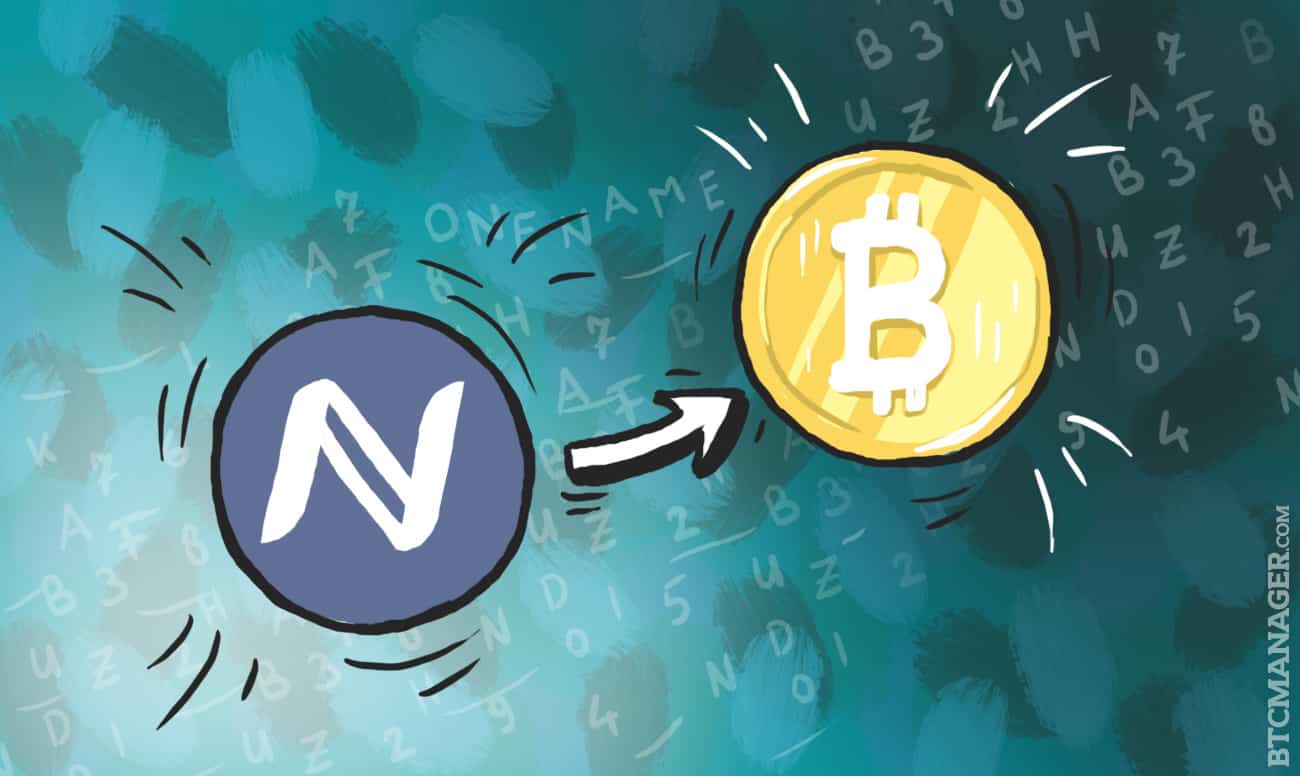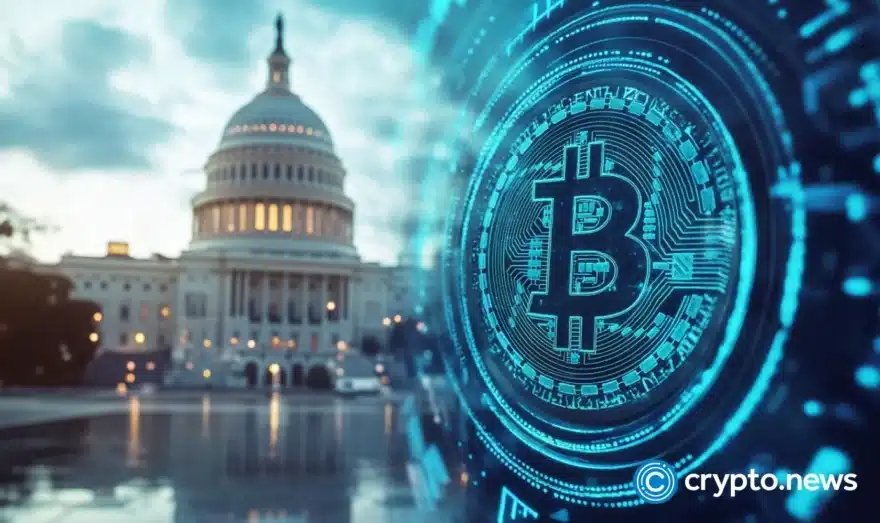Europol Releases New Report Stating OpenBazaar as a Threat

Europol, the law enforcement agency of the European Union which handles criminal intelligence and international organized crime, has released its Internet Organized Crime Threat Assessment for 2015, that highlights illegal usages of bitcoin and other digital currencies on “Darknets,” and its “concerns” for the development of decentralized marketplaces like OpenBazaar.
According to the data gathered by Europol, bitcoin accounts for more than 40% of “illegal” payments online, 15% higher than that of PayPal. Europol stated that the majority of these transactions were settled on the Darknet, or hidden marketplaces to trade illicit goods like drugs and weapons.
“Although there is no single common currency used by cybercriminals across the EU, it is apparent that bitcoin may gradually be taking on that role. Bitcoin features as a common payment mechanism across almost all payment scenarios, a trend which can only be expected to increase,” the publication states.
Furthermore, Europol encouraged law enforcement agencies worldwide to inspect the OpenBazaar platform, due to its peer-to-peer nature and its potential misuse by criminals and drug dealers.
“A more concerning prospect (for law enforcement) is the development of decentralised marketplaces such as the OpenBazaar. OpenBazaar is a BitTorrent-style peer-to-peer network which allows direct contact between customers and vendors and uses Bitcoin as a payment mechanism 112,” Europol reported.
Europol is especially concerned about the OpenBazaar platform’s implementation of the multi-signature technology, as it eliminates the possibility of performing an exit scam with customers’ and vendors’ funds.
“As the ‘market’ is peer-to-peer there would be no website or server to be targeted by investigating law enforcement and intervention is a considerable challenge, mirroring the issues law enforcement currently has with investigations involving Bitcoin. Payments on the OpenBazaar use a multi-signature approach involving a third party ‘notary’ to control the release of funds. This means that there is no possibility of performing an exit scam with customers’ and vendors’ funds,” the Europol report stated.
Currently, Europol is concerned about the limitations of regulations and financial policies set for everyday users of bitcoin. While regulation of digital currencies including bitcoin could be enforced on identified users on currency exchanges and trading platforms, Europol believes that it is extremely difficult, or even impossible to restrict bitcoin usage of everyday users.
“Any regulation of cryptocurrencies would likely only be applicable and enforceable when applied to identifiable users such as those providing exchange services. The inability to attribute transactions to end users makes it difficult to imagine how any regulation could be enforced for everyday users,” reads the final sections of the “darknet / bitcoin” section of the report.













